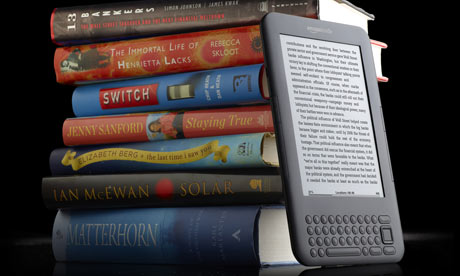It's that time of the year again... pumpkins abound, ghosts and vampires and blue-clad Let-It-Go-singing toddlers all over the place...
Yes, that's right! It's almost November, time for the
Our very own Lisa has already posted a bunch of stuff you can do before November 1st and that dreaded Empty Page moment. I'm not going to bother you with the Stack of Things To do Before You Embark on the Adventure (although I could tell you plenty about what I like to do beforehand...).
Instead, I want to ask you (whether or not you plan to NaNo this year or if you ever did) about your social habits...your writerly social habits, that is.
Many writing groups I've come across (ok, maybe that's because I DO, in fact, NaNo) have their roots in NaNoWriMo feedback/discussion/encouragement groups. Writing a novel in a month is very much set up as a social exercise, with twitter sprints and forums and a general sharing of the ways and woes of writing over 1600 words a day in order to reach that elusive 50 000 word deadline.
So here's what I want to talk about today: How (much) do you talk about your writing?
I have a few good friends who occasionally get thrown a chapter or two of what I'm working on. I'm also notoriously unable to finish my stories so there's no actual proper first draft of anything for anyone to read (bad Tessa, I know). Lots and lots of stories that hang somewhere between idea and three-quarters done, but nothing that deserves to be called "first draft" of anything.
What I am known to do, however, is talk about writing in general, my characters (and how annoying they are at times), my (endless) list of ideas and all the little things that surround you when you write.
I blog both here and (occasionally) on my own blog, and I've been known to tweet (@tessasblurb), too. Lately I've been pretty bad at both, but I plan on pulling through this November.
How do you do it? Do you talk about your writing? Online, with friends, with family? Who is allowed to read your work, and at which point do you let a story leave your hands to face the steely gaze of someone not you?
I'm actually very leery of letting anyone read what I write - I'm always, always, absolutely convinced that my writing is rubbish, my story is inconsistent, and my characters are complete and utter (unlikeable) morons. I do give out bits and pieces, scenes, mostly, but hardly ever more. I also tend to get (very) stuck if I show my writing to someone when I'm only half done.
Worst case scenario: letting family read it. I don't know why, but that thought really scares me.
*shudders*
What about you? Anyone who's most definitely last on the list of who gets to read your story? Someone who's always first?
And what about the flip side? Do you like giving feedback on other people's writing? Are you always completely honest or do you sugar-coat? Are you a "Grammar Nazi" or do you focus on the story and the characters?
When you ask for feedback, what exactly are you looking for? Someone to proofread, or someone to tell you, honestly, where your story doesn't jibe?
And here's a really difficult question: How do you deal with criticism? (I know I suck at not taking things personally, even though I KNOW I should not...)
Let me know what you think of the social side of writing, and the ins and outs of sharing your work (before it's published), I'd love to know!
Ciao,
Tessa




















